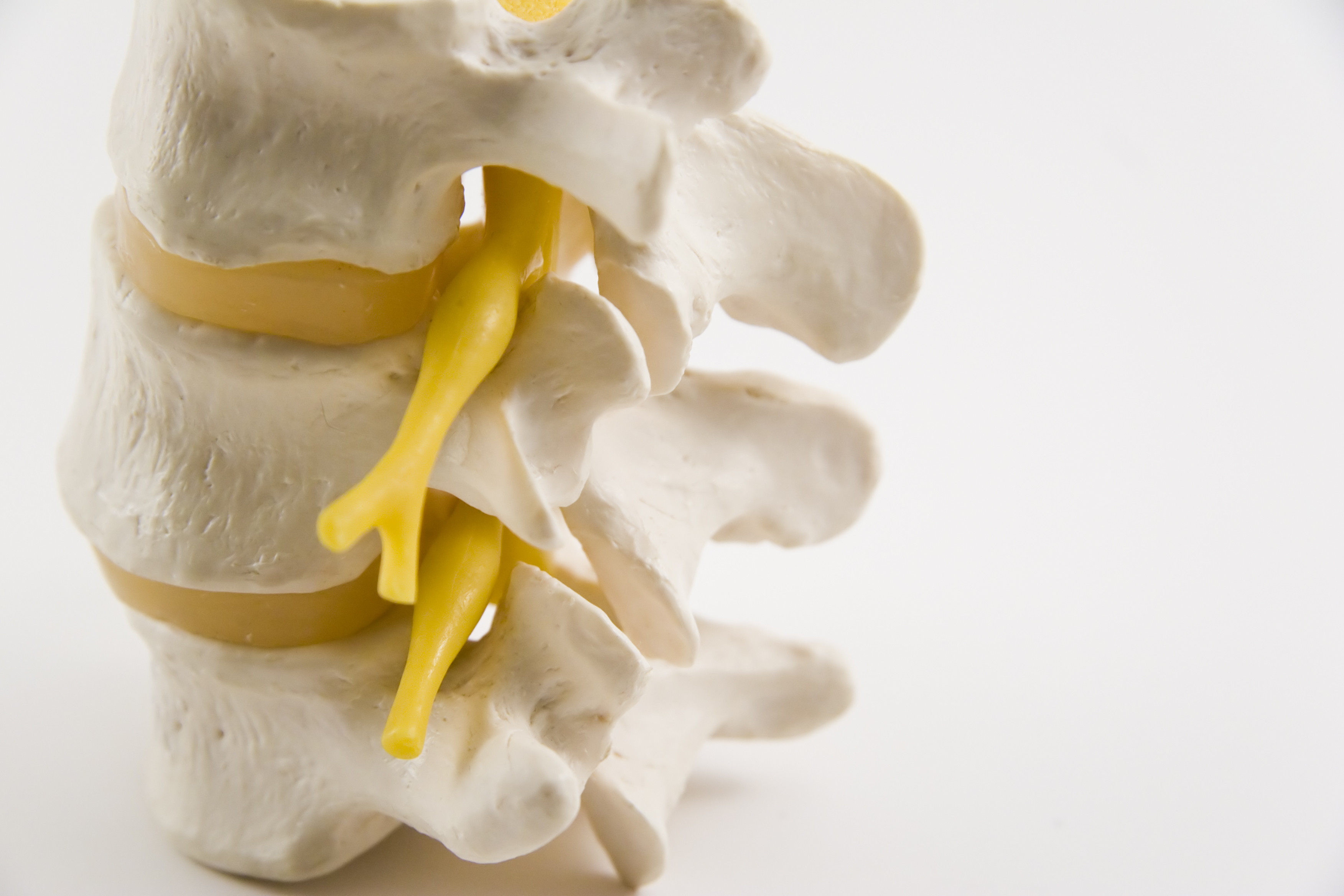
5 timeless habits for better health

What are the symptoms of prostate cancer?

Is your breakfast cereal healthy?

When pain signals an emergency: Symptoms you should never ignore

Does exercise give you energy?

Acupuncture for pain relief: How it works and what to expect

How to avoid jet lag: Tips for staying alert when you travel

Biofeedback therapy: How it works and how it can help relieve pain

Best vitamins and minerals for energy

Should you take probiotics with antibiotics?
Back Pain Archive
Articles
New recommendations aim to improve safety of pain-relieving spinal steroid injections
Each year, several million people with neck or back pain get injections of anti-inflammatory steroid medications. When they work (they don’t always), such injections can bring profound relief. But injecting these medications into the spine can cause partial or total paralysis, brain damage, stroke, and even death. Case reports beginning in 2002 highlighted serious problems linked to spinal steroid injections. In 2014, the FDA started requiring a warning on the labels of injectable steroids. A Viewpoint article in this week’s Journal of the American Medical Association spotlights new safety recommendations to help prevent these rare but real problems. The new recommendations are part of the FDA’s Safe Use Initiative.
What triggers back pain?
There's been a lot of research on what puts men at greater risk of back problems, like being overweight or sedentary. But we know less about what exactly triggers a bout of back pain. A new study in Arthritis Care and Research helps fill that gap.
The study involved 1,000 people who went to 300 different clinics in Australia with low back pain. The researchers carefully interviewed the participants to figure out when the back pain started and possible triggers they noticed within two hours of when the pain started.
Early scans for back pain add cost but offer little benefit for seniors
Older adults with new back pain usually end up getting a CT scan or MRI. That’s often a waste of time and money and has little or no effect on the outcome, according to a new study from the University of Washington. The results of the study contradict current guidelines from the American College of Radiology. The guidelines say that it’s “appropriate” for doctors to order early MRIs for people ages 70 and older with new-onset back pain, and many doctors do just that. The study, which followed more than 5,200 men and women over the age of 65 who saw a primary care physician for a new bout of back pain, found that people who got early back scans did no better than those who didn’t have scans. The scans added about $1,400 per person to the overall cost of back pain care — with no measurable benefit.
Sore back? Try a massage
Massage can be a helpful add-on to conventional medical care for back pain. Images: Thinkstock |
It can reduce discomfort and get you back on your feet faster.

5 timeless habits for better health

What are the symptoms of prostate cancer?

Is your breakfast cereal healthy?

When pain signals an emergency: Symptoms you should never ignore

Does exercise give you energy?

Acupuncture for pain relief: How it works and what to expect

How to avoid jet lag: Tips for staying alert when you travel

Biofeedback therapy: How it works and how it can help relieve pain

Best vitamins and minerals for energy

Should you take probiotics with antibiotics?
Free Healthbeat Signup
Get the latest in health news delivered to your inbox!
Sign Up





